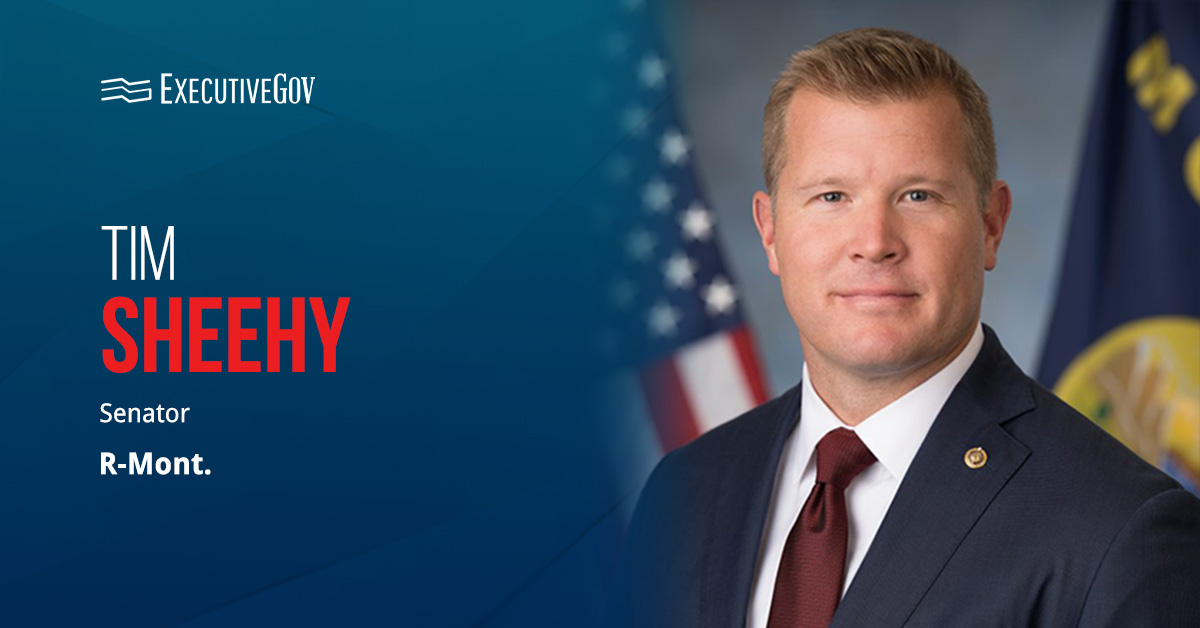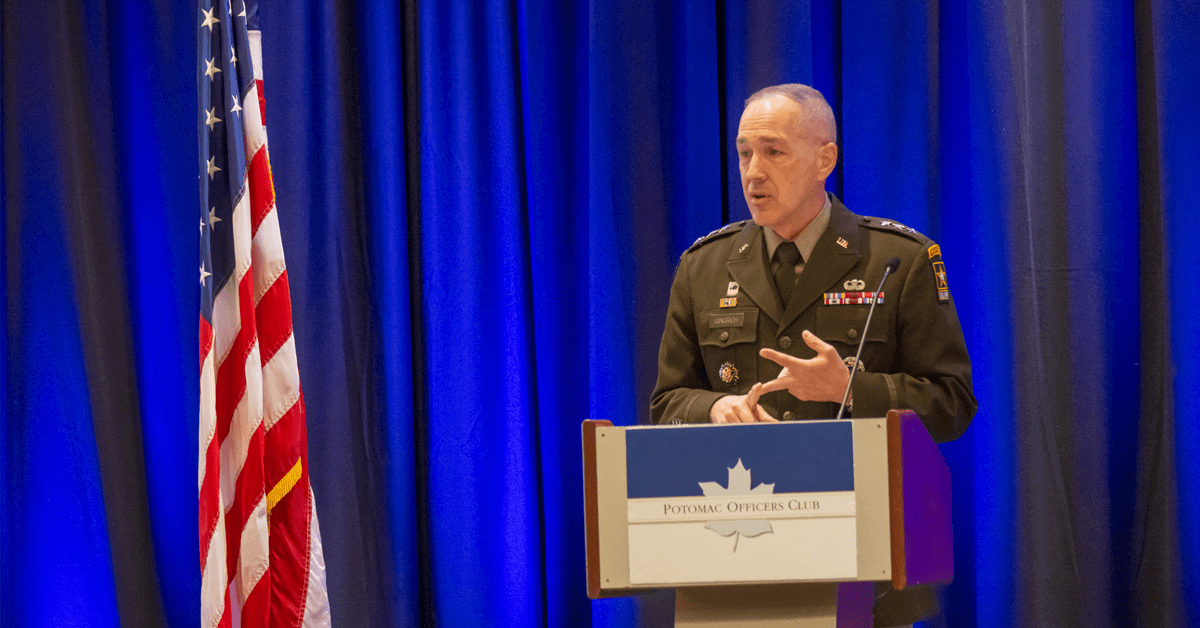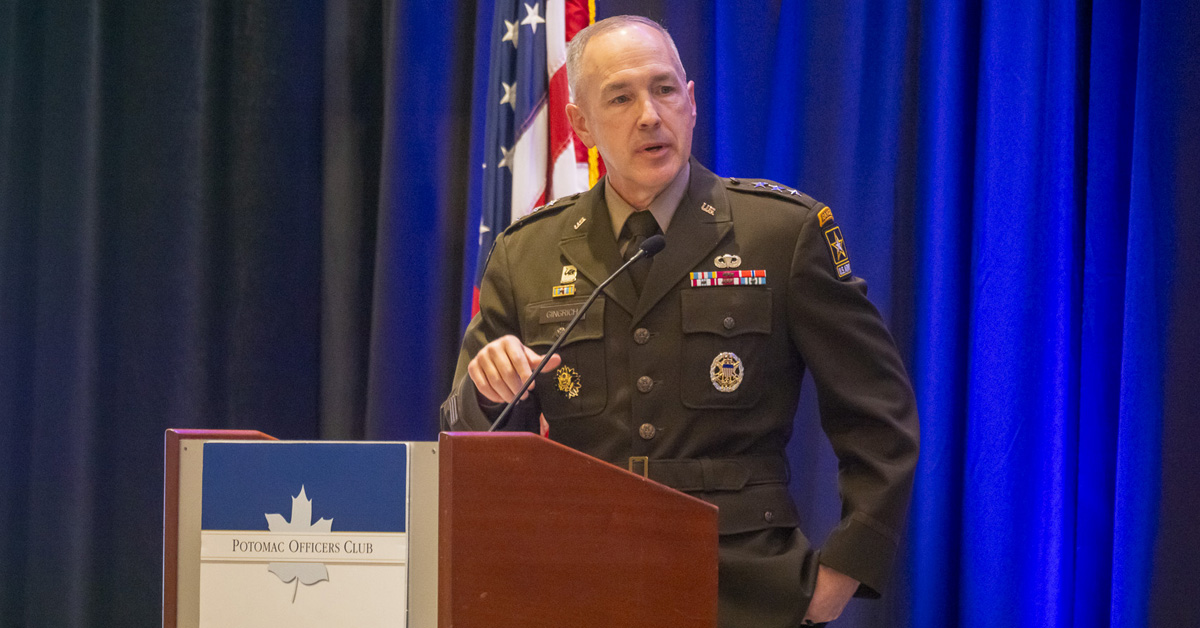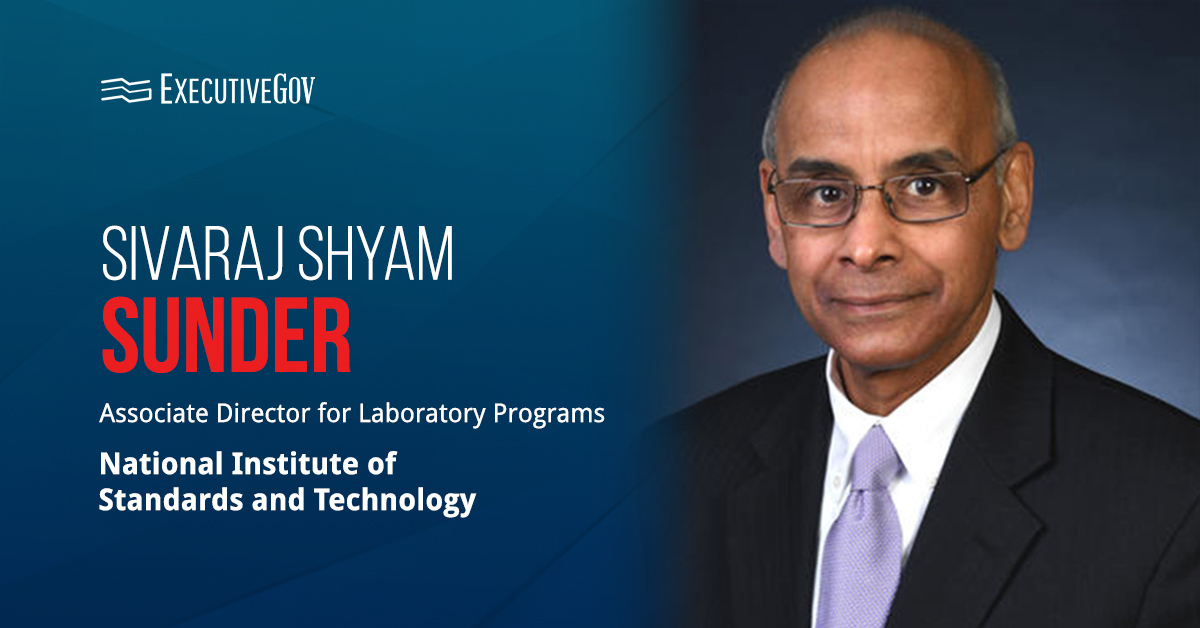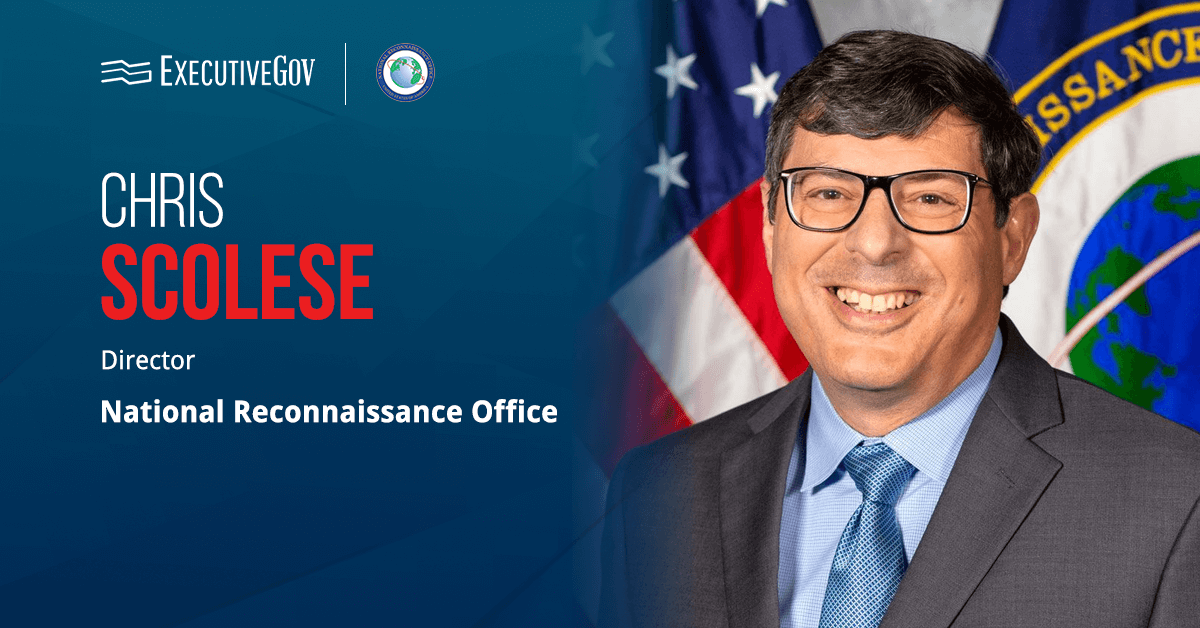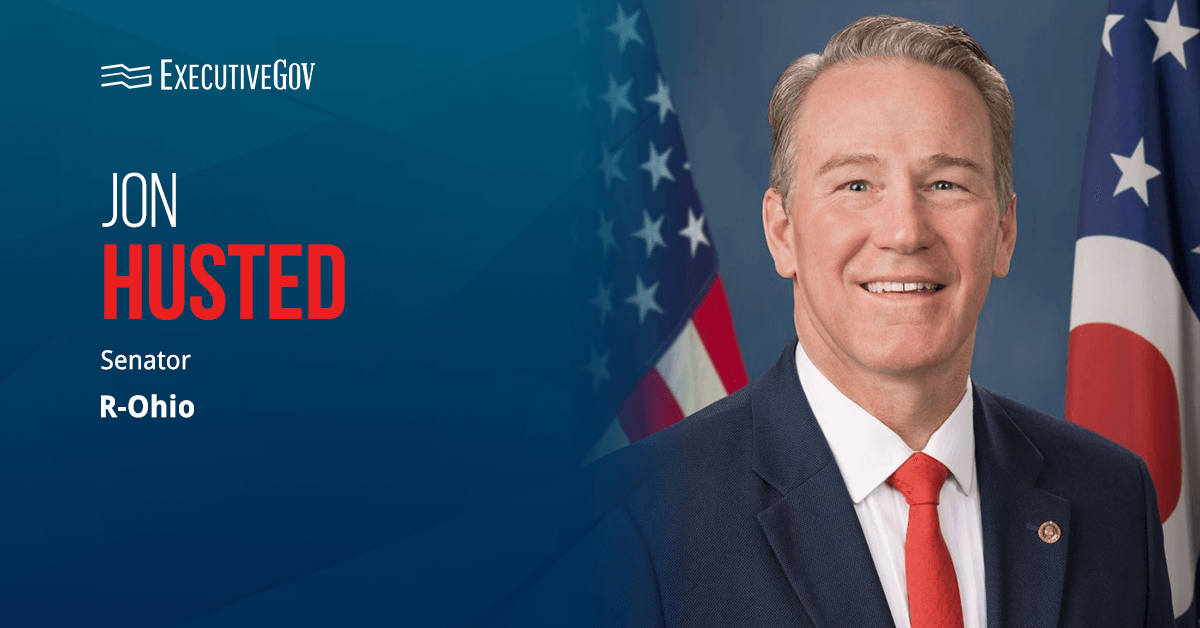Sen. Tim Sheehy, R-Mont., has introduced new legislation to update the Department of Defense’s acquisition process and better support the U.S. defense industrial base.
His office said Monday that five new bills, authored by Sheehy, will give the Department of Defense the right tools and flexibility to acquire innovative capabilities.
Table of Contents
Proposed Updates to the Defense Acquisition Process
The legislative package will also enable the Pentagon to more rapidly test new technologies and award a follow-on contract to meet the critical needs of warfighters.
“Our defense acquisition paradigm has become brittle, sclerotic and unable to respond to a growing array of asymmetric threats,” explained the legislator. “The result has been late, overbudget programs that fail to deliver the bullets, bombs, planes, and other critical equipment we need to maintain our national security.”
Sheehy said the bills are in line with the efforts of Senate Armed Services Committee chair, Sen. Roger Wicker, R-Miss., to make the defense acquisition process more agile and responsive to changes within the threat landscape.
Sheehy’s Five-Bill Package
The Prototype to Production Act would create an expedited acquisition route for warfighter technology. The bill would also expand opportunities for non-traditional contractors and research institutes.
Similarly, the Expedited Delivery Act would give the Pentagon the authority to rapidly acquire property or services based on differentiated capabilities, accelerated delivery schedules and improvements.
Meanwhile, the Buy to Budget Flexibility Act would enable the DOD to purchase in greater quantities to reduce costs.
The Smart Pricing Practices Permanence Act will turn a pilot that streamlines pricing determinations for similar products into a permanent program.
Finally, the Procurement Reform for Immediate Military Equipment, or PRIME, Act will give industry access to government systems to explore new capabilities and empower military commanders to award follow-on production contracts.


